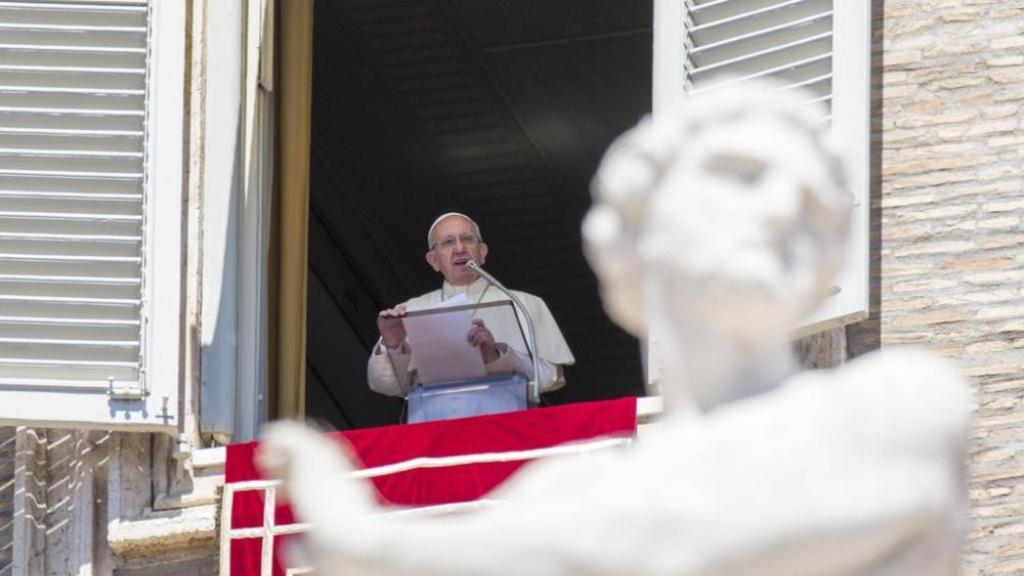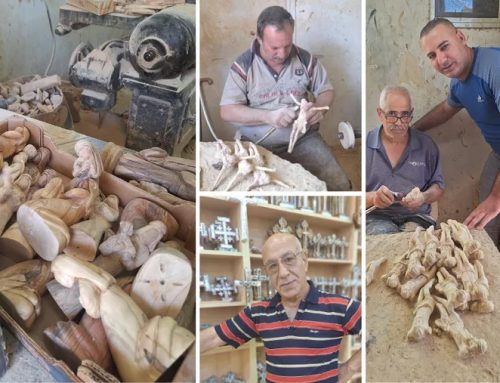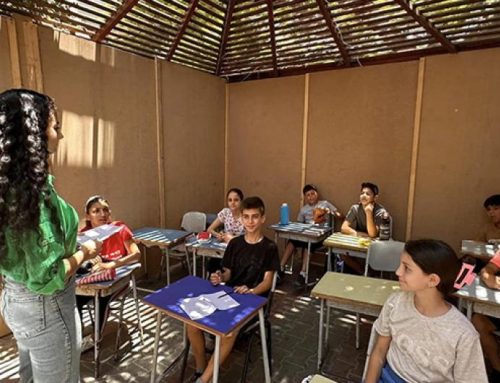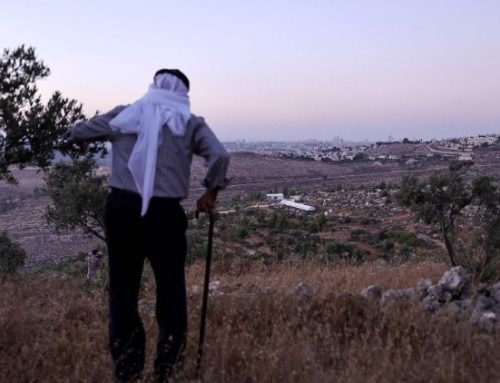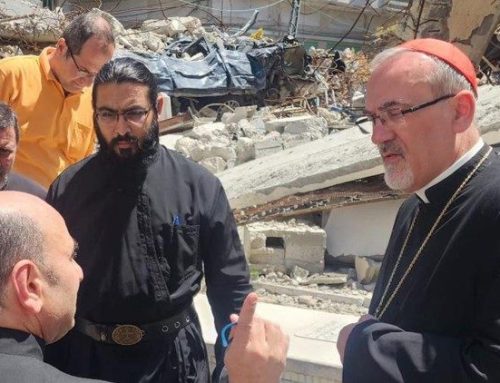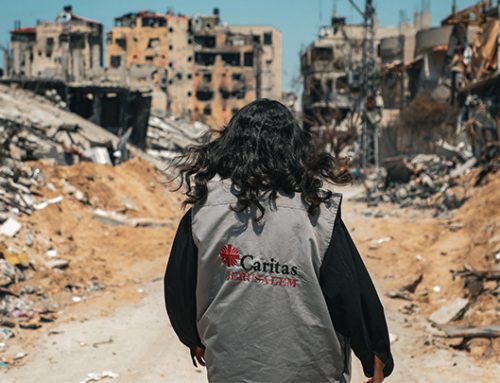During the Angelus, Francis asked for a prayer for the meeting between Donald Trump and Kim Jong-un. Then he recommends: “God frees us from envy, a deadly poison that destroys. If this bad herb germinates within us, let’s go immediately to confession”
A prayer for Korea in view of the historic handshake of June 12, in Singapore, between the American President Donald Trump and the North Korean leader Kim Jong-un so that this meeting can ensure a peaceful future for the peninsula – perhaps with its total denuclearisation – and throughout the whole world. Then a warning against envy, “deadly poison” that leads to accusing the other falsely with “malice” or, even, to premeditate a way to “destroy” their reputation, Francis said during today’s Angelus in St. Peter’s Square.
“I wish once again to bring to the beloved Korean people a thought of friendship and my prayer”, says the Pope at the end of his catechesis. “The talks that will take place in Singapore in the next few days can contribute to the development of a positive path that will ensure a peaceful future for the Korean peninsula and for the whole world. The Pope asked the approximately 20,000 faithfuls gathered in the square to pray a Hail Mary to Our Lady, Queen of Korea, “to accompany these talks”.
In today’s catechesis he said, “God free us from this terrible temptation! he exclaims, warning against what he calls a “deadly poison” – for oneself and for others – calling for immediate confession in case one falls into such sin before the effects multiply.
“It can happen that a strong envy for a person’s goodness and good works can lead to falsely accusing them. It is a “deadly poison”: the premeditated malice that seeks to destroy the good reputation of another person. “May God keep us from this terrible temptation!”, the Pontiff says, and recommends, “If, examining our conscience, we realize that this evil herb is sprouting within us, we go immediately to confess it in the sacrament of Penance, before it develops and produces its evil effects that are incurable.
The starting point for the Pope’s catechesis is this Sunday’s Gospel which tells of the misunderstandings and slander suffered by Jesus because of the scribes. These “men instructed in the Holy Scriptures, who were supposed to explaining them to the people” wanted to discredit him in the eyes of the people of Jerusalem where the fame of the Messiah was beginning to spread. They are sent there to Galilee “to badmouth,” says the Pope off the cuff, “to undermine his authority, with every mean”. “These scribes arrive with a precise and terrible accusation: ‘He is possessed by Beelzebul and by the prince of demons he drives out demons.’
Jesus healed many sick people, and they “want to make people believe that he is doing this not with the Spirit of God, but with the Spirit of the Evil One. It’s like saying he’s the devil’s son. Christ’s response is strong and clear, “because those scribes, perhaps without realizing it, are falling into the most serious sin: a “sin against the Holy Spirit” because they denied and blasphemed “against the Love of God that is present and at work in Jesus.” affirms Francis.
“This episode contains a warning that serves us all”, indeed no one is immune from such malicious feelings. “Be careful because this attitude destroys families, communities and even societies,” Bergoglio warns.
The Pope then dwells on another aspect of today’s Gospel, or rather “another and very different misunderstanding” that Jesus had to face: that of his family members “worried, because his new itinerant lifestyle seemed crazy to them”. Jesus “was so available to people, especially the sick and sinners, that he no longer had time to eat. Jesus was so: people first! To help people, listen to people, serve people. Jesus was for the people… and he didn’t even have time to eat. His family then decided to take him back to Nazareth, and told him, “Behold, your mother, your brothers and sisters are outside and are looking for you”.
But Jesus replied, “Who is my mother and who are my brothers? And, looking at the people around him who were listening to him, he adds, ” “This is my mother and my brothers! For those who do God’s will is my brother, sister and mother.
This response “is not a lack of respect for his mother and his family”, Pope Francis points out, but rather the sign that “Jesus formed a new family… based on faith in Him and on His love that welcomes us and unites us to one another in the Holy Spirit. All those who accept Jesus’ word are children of God and brothers and sisters to one another,” the Pope said.
“To accept the word of Jesus makes us the family of Jesus. Badmouthing others, destroying the reputation of others, makes us the family of the devil”, adds the Pontiff. And he clarifies, “Indeed, it is the greatest recognition for Mary, because she herself is the perfect disciple who obeyed God’s will in everything,” he said. The Pope turns to her at the end of his catechesis, before introducing the Angelus prayer, so that “she may help us to live always in communion with Jesus, recognizing the work of the Holy Spirit who acts in him and in the Church, regenerating the world with a new life”.
After the Marian prayer, Bergoglio recalls the beatification today in Agen, France, of Sister Mary of the Conception, Adelaide de Batz de Trenquelléon, who lived between the 18th and 19th centuries and founded the Daughters of Mary Immaculate, the so-called Marianists. “We praise the Lord for his daughter who consecrated her life to him and to the service of her brothers”, he says, asking for an “applause for the new Blessed”.
Finally, he greets all the pilgrims present in the square, Italians and foreigners, in particular a group of faithful who came from the Spanish cities of Murcia, Pamplona and Logroño. “I wish you a good Sunday”, concludes the Pope, taking leave with the usual formula: “Please do not forget to pray for me. Have a Good lunch and goodbye! ».
SALVATORE CERNUZIO
Source: Vatican Insider

